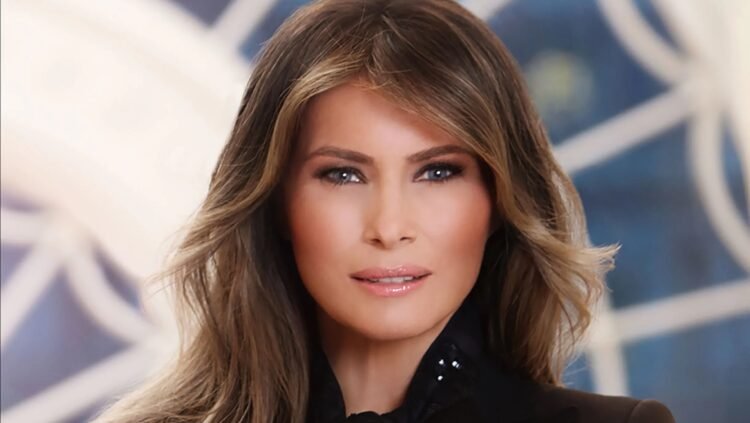WASHINGTON — In the shadow of her husband’s brash political dominance, Melania Trump has long projected mystery and restraint. Now, in her new memoir “Melania,” the former First Lady steps into the spotlight with a mix of loyalty, independence, and quietly disruptive ideas. The book offers a rare glimpse into her philosophy, her politics—and the fractures between the private woman and the public Trumpworld.
A Mirror to Trump’s Media Wars—with Softer Edges
Melania stands by her husband’s well-worn stance on the press, blaming media and political adversaries for fanning the flames of division. In her memoir, she critiques partisan coverage and asserts that media vilification has endangered Donald Trump, especially in the wake of assassination attempts.
“If the media continues to brand him as a threat to democracy and call him vile names,” she writes, “is it really shocking that people want to do him harm?”
But where Trump rages, Melania reflects. Her prose lacks the bluster, presenting a quieter but still potent indictment of America’s political discourse.
Doubts About the 2020 Election—Without the Fire
Melania doesn’t call the 2020 election rigged, but she doesn’t embrace it either. “It was a mess,” she writes, pointing to delayed vote counts and widespread uncertainty. While aligning with Trump’s narrative of electoral mistrust, she stops short of promoting baseless fraud claims, creating distance even as she echoes his doubt.
January 6: A Controversial Blind Spot
Addressing the Capitol insurrection, Melania claims she was unaware of the violence due to her commitment to White House projects at the time. Critics challenge that account, noting her silence in the moment. But in her memoir, she expresses regret: “Had I been fully informed… I would have immediately denounced the violence.”
Supportive, yet detached—that’s Melania’s recurring posture throughout the book.
Where She Breaks: Reproductive Rights and Women’s Autonomy
In a striking contrast to her husband’s policies, Melania takes a firm stance on reproductive freedom.
“It is imperative,” she writes, “that women have autonomy in deciding their preference of having children, based on their own convictions.”
Her words mark a clear divergence from Trump, who championed the Supreme Court appointments that led to the reversal of Roe v. Wade. Melania’s emphasis on personal liberty places her closer to moderate and independent voters than the Republican base.
Immigration: Personal, But Politically Neutral
As an immigrant, Melania rarely speaks on immigration policy—but when she does, it’s cautious. She opposed family separation during the Trump presidency, reportedly voicing her disapproval behind closed doors. Her husband, meanwhile, made tough immigration enforcement a cornerstone of both his terms.
On Gender Politics, a Conservative Consensus
Melania’s voice grows firmer when addressing transgender athletes, expressing concern about fairness in women’s sports. “We must also ensure that our female athletes are protected,” she writes, noting her support for LGBTQIA+ rights while drawing a line at inclusion in competitive sports.
The Mother, Not the Politician
Melania’s most personal reflections center on her son, Barron. Her Be Best campaign, she reveals, was inspired by anger over attacks on her child. In a political culture where First Ladies often adopt national roles, Melania embraces a maternal mission.
She opts for privacy, not podiums. Her selective public engagement stands in stark contrast to Trump’s relentless spotlight-seeking.
A First Lady Like No Other?
Melania’s memoir paints a portrait of a woman in step with Trump on many fronts, but not all. Her deviations—on reproductive rights, tone, and visibility—suggest a First Lady less defined by her husband than by a complex internal code.
As Donald Trump returns to the White House, Melania may quietly reshape what it means to be First Lady in an era defined by spectacle, division, and defiance.

 English
English




























































